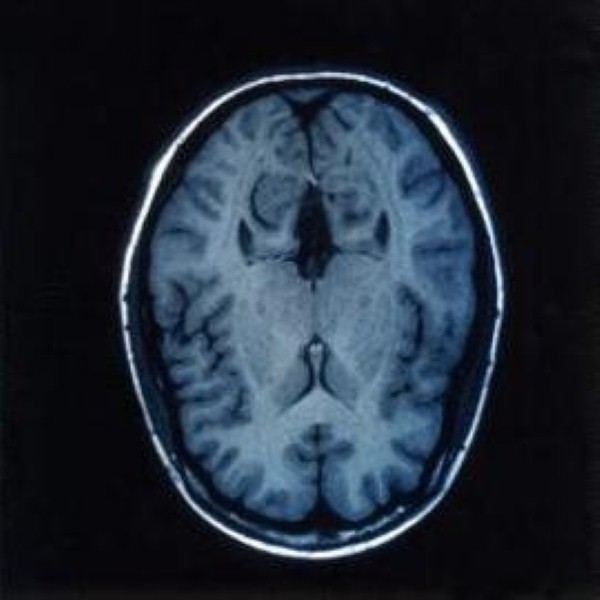Researchers from the Institute of Neuroscience at the Universitat Autonoma de Barcelona (UAB) have developed a gene therapy that could pave the way for new Alzheimer's disease treatments.
One reason why attempts to devise a treatment have hitherto been unsuccessful is a lack of knowledge on the cellular mechanisms which cause alterations in nerve transmissions and the loss of memory in the initial stages of the disease.
However, the UAB researchers have discovered the cellular mechanism behind memory consolidation. Their gene therapy was able to reverse memory loss in mice models with the initial stages of the disease.
They achieved this by injecting into the hippocampus a gene which causes the production of a protein blocked in patients with Alzheimer's, the "Crtc1" (CREB regulated transcription coactivator-1).
The protein thus restored gives way to the signals needed to activate the genes involved in long-term memory consolidation.
In order to identify the gene, gene expression in the hippocampus of healthy control mice was compared with that of transgenic mice which had developed the disease.
The team used DNA microchips to identify the genes and proteins which expressed themselves at different stages of the disease.
It was found that those genes involved in memory consolidation coincided with the genes regulating Crtc1, a protein which also controls genes related to the metabolism of glucose and to cancer. Altering this group of genes could cause memory loss in the initial stages of Alzheimer's.
The formation of amyloid plaque aggregates, which cause Alzheimer's, prevents the proper functioning of the Crtc1 protein.
"When the Crtc1 protein is altered, the genes responsible for the synapsis or connections between neurons in the hippocampus cannot be activated and the individual cannot perform memory tasks correctly," explained Carlos Saura, researcher of the UAB Institute of Neuroscience and head of the research.
Mr Saura said new perspectives on therapeutic prevention have been opened up by the research, as they have demonstrated the effectiveness of gene therapy in preventing the loss of memory in mice.
Alzheimer's disease affects almost 500,000 people in the UK, making it the most common form of dementia.

